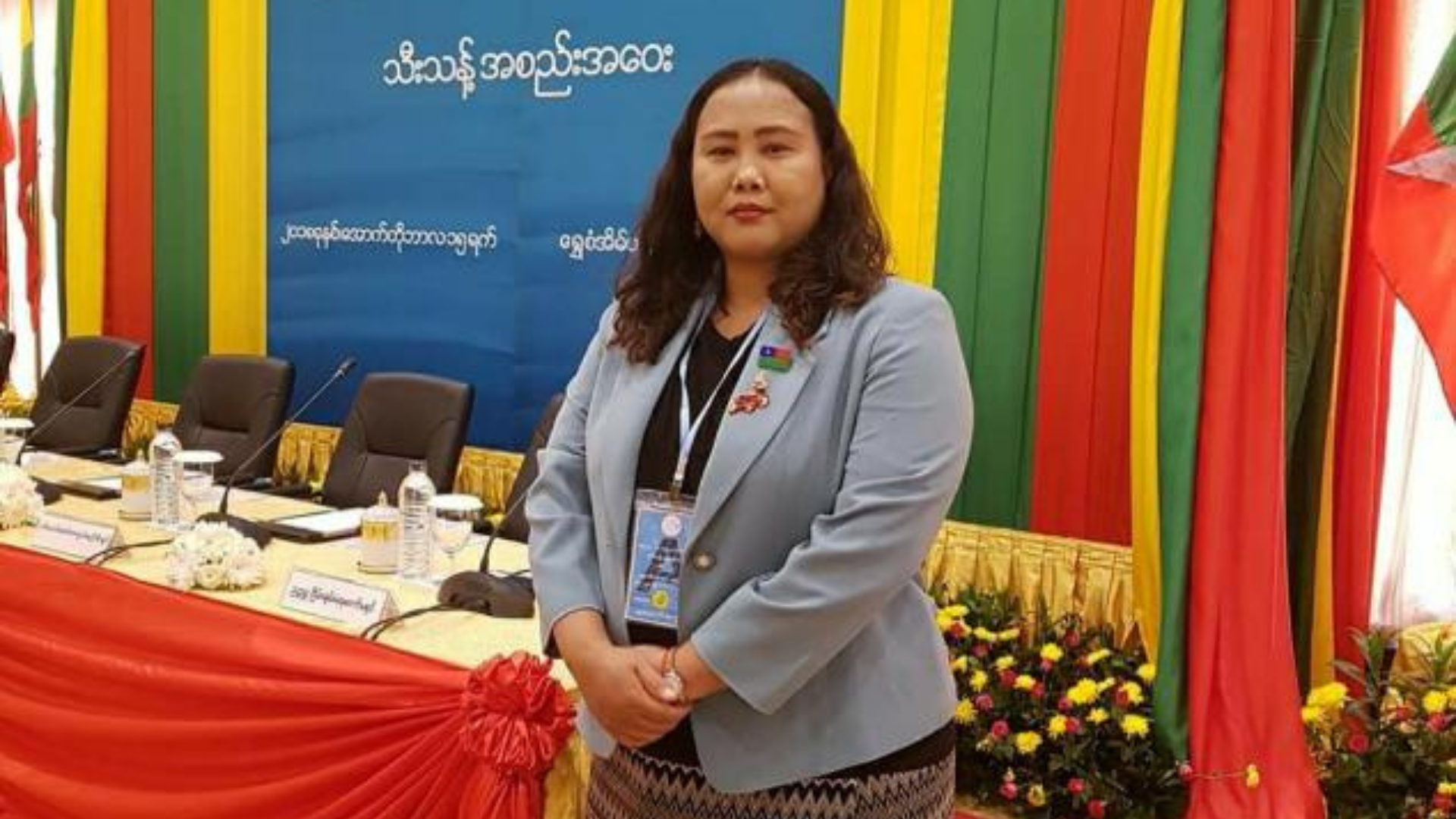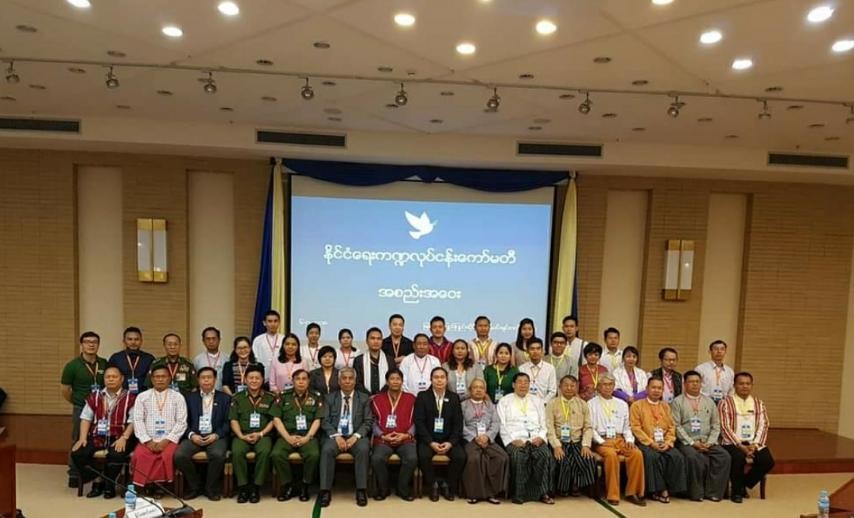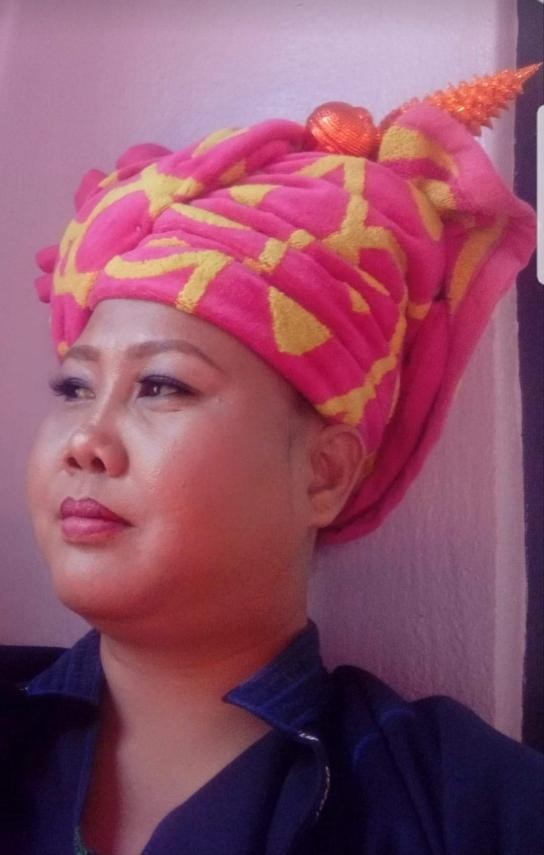myanmar - peacebuilding
Nan Yin Yin Soe

- Actor/Organisation
- Nan Yin Yin Soe / Pa-O National Liberation Association
- Current Title/Designation
- Representative of Pa-O National Liberation Association (PNLA), Shan State
- Expertise/Focus Area
- Peacebuilding
- Date of Interview/Research
- 31 July 2024
- Location of Interview
- Virtual Interview
- Diplomacy Track
- 2
Starting Point
As a native of Pa-O, Ms. Nan Yin Yin Soe was taught a slogan called “Think globally, Act locally”. She was interested in politics to contribute to the improvement of her society. She aspires to fight for the rights of ethnic groups in Myanmar so that they can get what they deserve and to create a peaceful society by following a federal system that suits Myanmar.
She pointed out that the issues related to the Nationwide Ceasefire Agreement (NCA) roadmap adopted in 2015 have not been resolved. She thinks the political framework should be reviewed and drawn according to the current situation. The question of how many stakeholders are recognised, accepted and invited to the roundtable talks should be revisited, and their aspirations should not be underestimated. She stated that although every discussion cannot be a win-win situation, trust-building can make a difference. Additionally, she suggested that the government hold informal meetings to inform the public about the peace processes so that they can understand or participate in them.
In performing her duty, her role models are herself and her parent.
Peace Journey
Initially, she was a member of a civil society organisation and later became a member of the Pa-O National Liberation Association (PNLA). Within the association, she participated in the political sector. In 2012, as the government's efforts to initiate peace talks began, she became involved as a negotiator at the Union Peace Conference. She also participated in the knowledge-sharing sessions. For example, if a region is at risk of conflict, she would raise awareness among the local people to prepare and stay safe in the event of a conflict situation. She participated in several other activities, including peacebuilding initiatives with USAID, creating educational and development opportunities at the local level, and reviving the NCA roadmap.
Notably, she has also been actively involved in the fight for women’s rights, including the Women, Peace and Security (WPS) agenda, to this day. Yet, as a woman, she faces challenges in a male-dominated environment. Mainly, Shan State, where she resides, is composed of over 90% Buddhists. There, male religious leaders continue to hold significant influence, and traditions and customs prevail. Against this circumstance, she argued women should play a role in peace processes depending on their capabilities and performance. Although there are many risks, she and her group encouraged and helped women’s empowerment.
Success Stories
As the peace process is a lengthy journey, success may not come instantly. From her perspective, the goal of conflict prevention or mitigation strategies is to extinguish the flames of civil war and to establish a peaceful country. The 2012 NCA was signed in 2015 with eight ethnic armed groups. The process continued under the National League for Democracy-led government. In 2018, several Mon and Lahu ethnic groups joined, bringing the total signatories to 10 groups. Later, peace conferences were held. After 2021, the State Administration Council government invited the signatories to hold meetings. Unfortunately, discussions are suspended in 2024.
-
Implementing AgencyAWPR Myanmar
-
Lead ResearcherMs. Khin Sabai
-
Co-Researcher/Research Assistant(s)Ms. Eaindra Khin, Ms. Htet Yadanar Win, Ms. Nwet Nwet Yi, Ms. Mya Lwin Lwin Aung
-
Date ResearchMay 2024-December 2025




